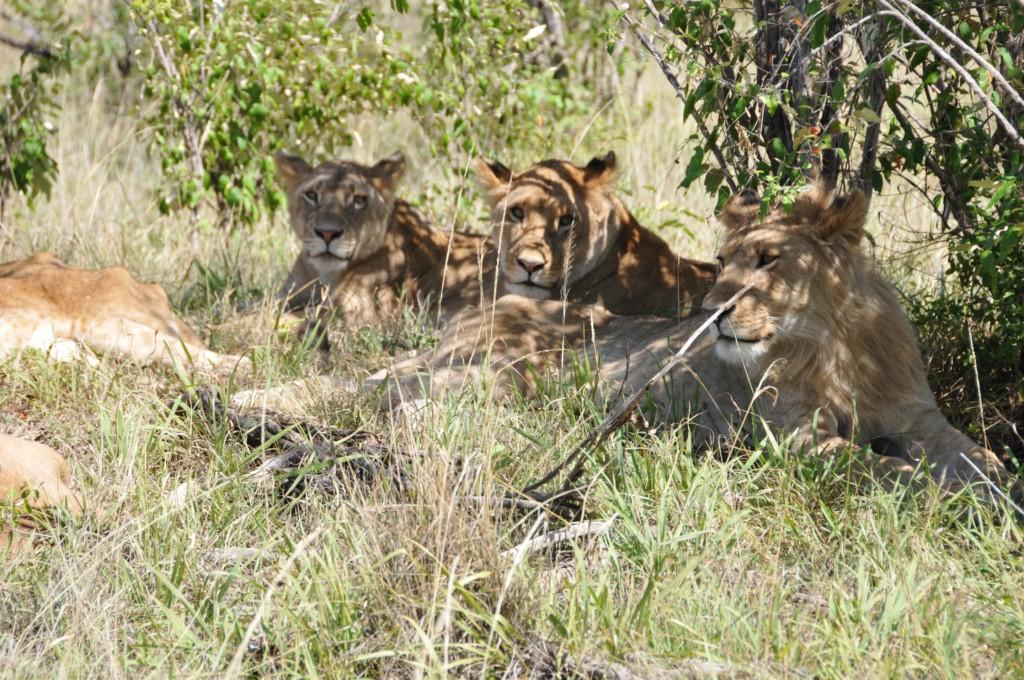African students are not involved in our Climate Smart Forestry project group work but we have a contact person from whom we have received information about South Africa. For our project to be successful, we need to understand, among other things, African culture. There is a company in Finland, Green Carbon, that is one of the leaders of carbon markets and footprints calculations, and we got to know this working concept in more detail.
Kimmo Koistinen is our contact person from Green Carbon. We also interviewed sustainability professor Leo Long (specialist in climate change in South Africa) , who lives in Africa, and he told us valuable information about what forestry is like in Africa. One significant difference compared to Finnish conditions is that the forest cycle is less than 10 years, in Finland that time is at least 30 years. The nature in South Africa is quite diverse, including a tropical rainforest and a plateau where cacti grow. Although we do not have cooperation with African universities, we will still receive sufficient information from our contact person.
There are four students in our group, from three different fields of study. They all bring their own know-how to the project, even though none of us had much knowledge about forestry in Africa at first. However, we have already learned a lot and are learning more all the time. We need to understand South African culture in order to create new ideas in this project. Even something like arranging a meeting with a person who lives in Africa makes us think about his or her local circumstances. If we have five o’clock in the evening, what time is it in South Africa? On the other hand, they have the same time zone as Finland, but that also had to be figured out. As the environment and culture are different compared to Finland, we need to find out more about cultural differences and then think about our research question in more detail. Our research question is: What are the possible business models to be implemented locally in South Africa?

For me, getting to know African culture has taken place through our interviews, reading websites, borrowing related literature from the library, and watching a series of nature documentaries called Avara Luonto on television, where the subject sometimes is African nature. Fortunately, this course lasts long as it takes time to first learn enough about South Africa and then create new innovative proposals.
Author
Heini
Team South Africa
